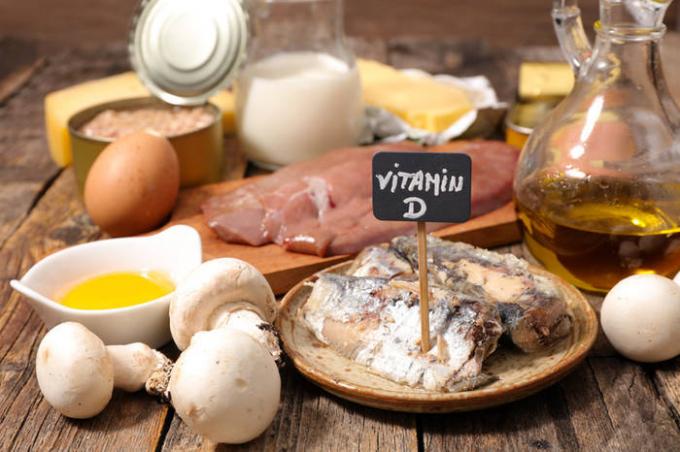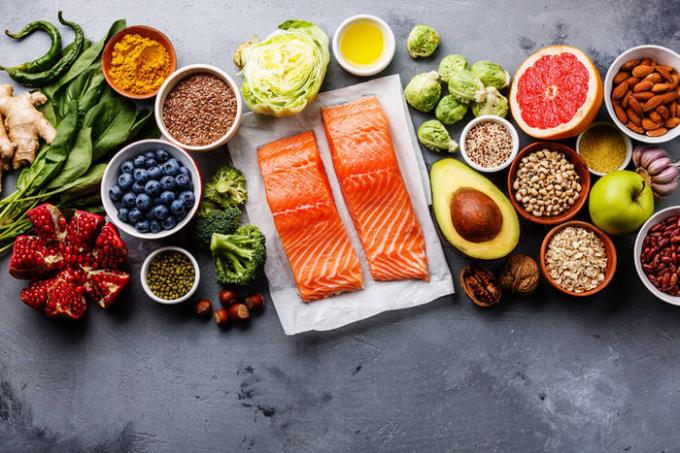We understand how they can actually help. Or hurt?
Supplements for children are sold not only in the form of tablets and powders, but even in the form of chewing sweets. Parents believe advertising that their kids desperately needs vitamins, because certainly need to buy a complex of vitamins and minerals. What do the experts on this subject?

Pediatricians and gastroenterologists in one voice insists that the problem of lack of vitamins in most cases, far-fetched and is inspired by advertising. To identify the actual deficit of a particular vitamin, you should seek medical advice, conduct research, get tested, and act a "point", solving a specific problem.
According to pediatricians, most of the modern children lack of vitamin D, iodine and omega-3. They are responsible for metabolism, appetite, sleep, stable psycho-emotional state. The main source of vitamin D is fish oil, omega-3 - fatty fish, iodine-Navy fish and seaweed. If a child is rarely eat these foods - it really will be useful appropriate supplements.In general, a varied diet, which contains all the product groups - vegetables, fruits, dairy products, meat, cereals, etc. - it is a guarantee of a sufficient amount of vitamins and trace elements in children body.

- Dairy products (yogurt, yogurt) - 200-600 g per day
- Fruits and vegetables - at least 300 grams per day.
- The meat or fish - not less than 150 g per day.
- Grain bread - 1-2 slices a day
- Eggs - 1 chicken or quail 2-3 3-4 times a week.
- Fats - 5-10 g butter; vegetable oil - 10-15 g
Some children, pediatricians may designate fluorine drugs - if the child does not use fluoride toothpaste for cleaning teeth. Children with low hemoglobin prescribe iron supplements.

So give their children supplements, or not? Every parent has to think carefully and in collaboration with a pediatrician to find out whether there are objective reasons for this in the state of health of the child. We must remember that mindless administration of drugs, including the "harmless" vitamin, may lead to the opposite effect - hypervitaminosis, which also triggers health problems from dizziness, nausea and vomiting to pain in the joints and hair loss.
You will be interested to know how to take vitamin D.


